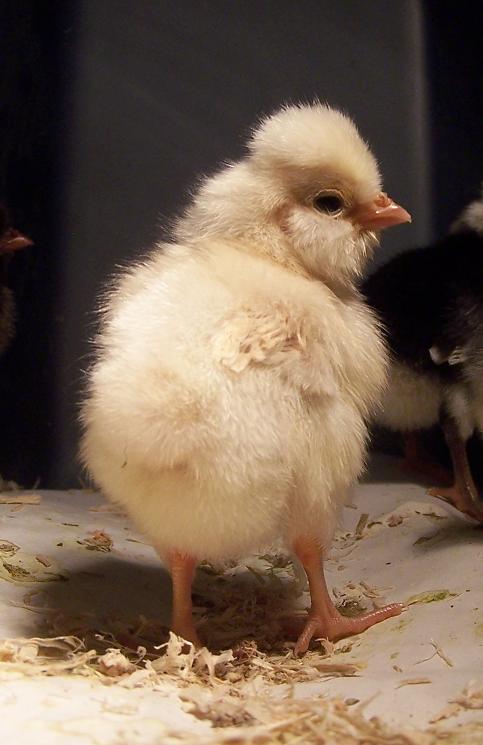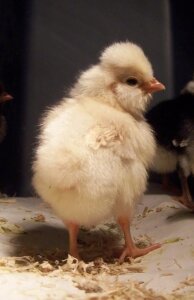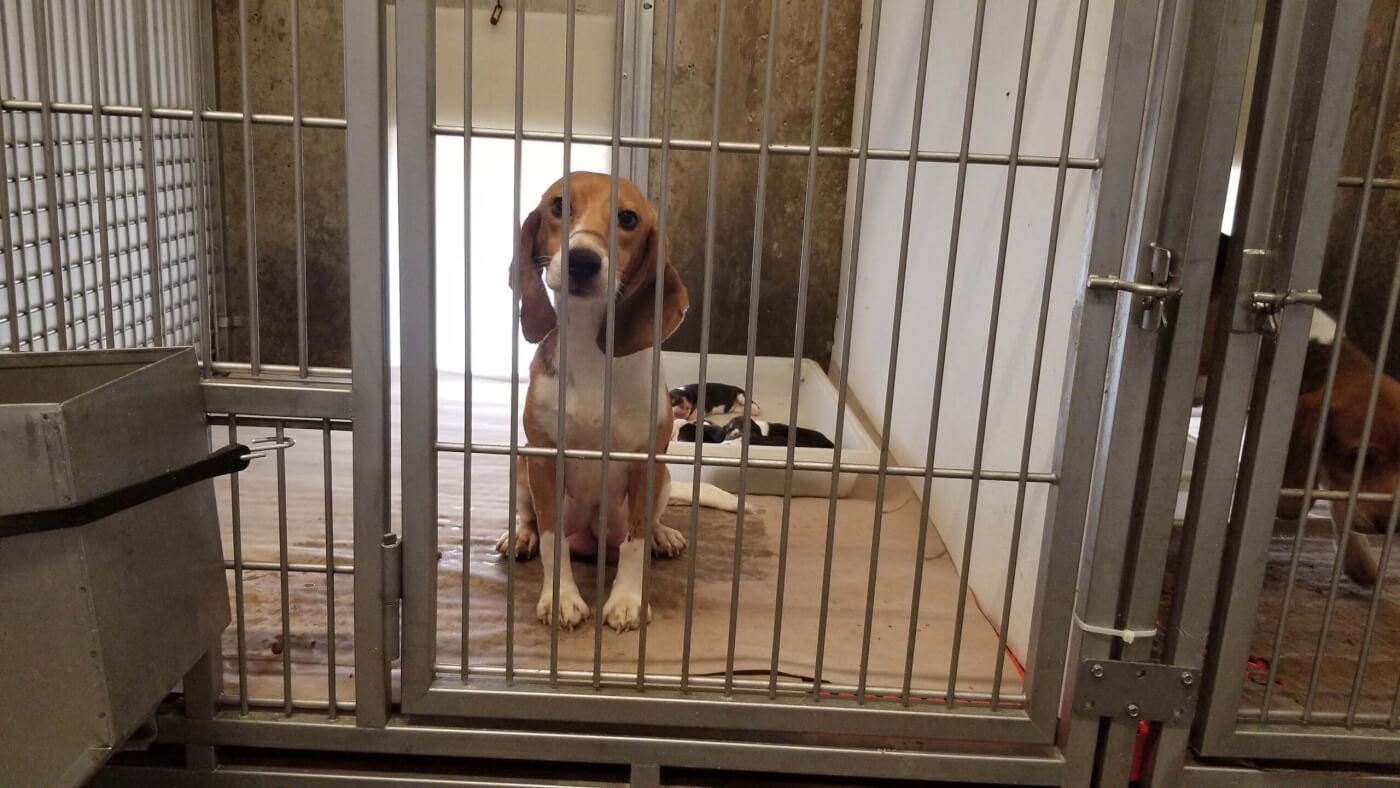
Cruelty in the Curriculum
 Schools throughout Australia are giving children a lesson in cruelty to animals by using live chicks as teaching tools. Taking advantage of cash-strapped school districts and teachers who are short on time, chicken producers supply schools with eggs and tools for hatching chicks in the classroom, as a demonstration of “the cycle of life”. These hatching programs are extremely cruel and do not give students an accurate picture of the life cycle of chickens or how they behave.
Schools throughout Australia are giving children a lesson in cruelty to animals by using live chicks as teaching tools. Taking advantage of cash-strapped school districts and teachers who are short on time, chicken producers supply schools with eggs and tools for hatching chicks in the classroom, as a demonstration of “the cycle of life”. These hatching programs are extremely cruel and do not give students an accurate picture of the life cycle of chickens or how they behave.
Children do not get to see a mother hen sitting on and tenderly turning her eggs, clucking softly to her unhatched chicks as they chirp back to her and to each other from inside their shells. Nor do they see how most chickens who are raised for their eggs or flesh are kept in tiny cages or crowded, filthy sheds and cruelly killed. This program merely teaches children that animals are here for their amusement.
Many birds used in hatching projects become sick and deformed because of improper care. Their organs can stick to the sides of the shells when the eggs are not rotated properly. If schools turn off the heat for the weekend, the embryos can become crippled or die. Eggs often hatch on weekends, leaving newly hatched chicks to fend for themselves until teachers and students return. During their few days in the classroom, the chicks are bombarded with unnatural stresses, including constant handling and loud noises. After the “experiment” is over and the chicks start to grow up, they face uncertain, often deadly fates. Some are taken home by students, only to be abandoned once they become hens and roosters and families realise that they aren’t willing or able to give them a lifetime of specialised care. Some teachers even give chicks away as “prizes” for good behaviour, teaching children that animals are ours to do with as we please and have no value of their own.
Other chicks are collected by the chicken producers who supplied them. Teachers are told that the chicks will “go to live on a farm”, which usually means that they will be sentenced to miserable lives on crowded factory farms and painful and terrifying deaths in slaughterhouses.
Hatching programs also put young children at risk of contracting zoonotic diseases, such as salmonella and campylobacter, from the chicks as well as developing severe allergic reactions to the chicks’ feathers and faeces.
Luckily, there are humane options for teaching the life cycle. We owe it to children and animals alike to ensure our schools are using them, so please sign the petition to end chick-hatching programs today.
Posted by Jason Baker
Animals Are Suffering in Laboratories – Help Save Them Now


